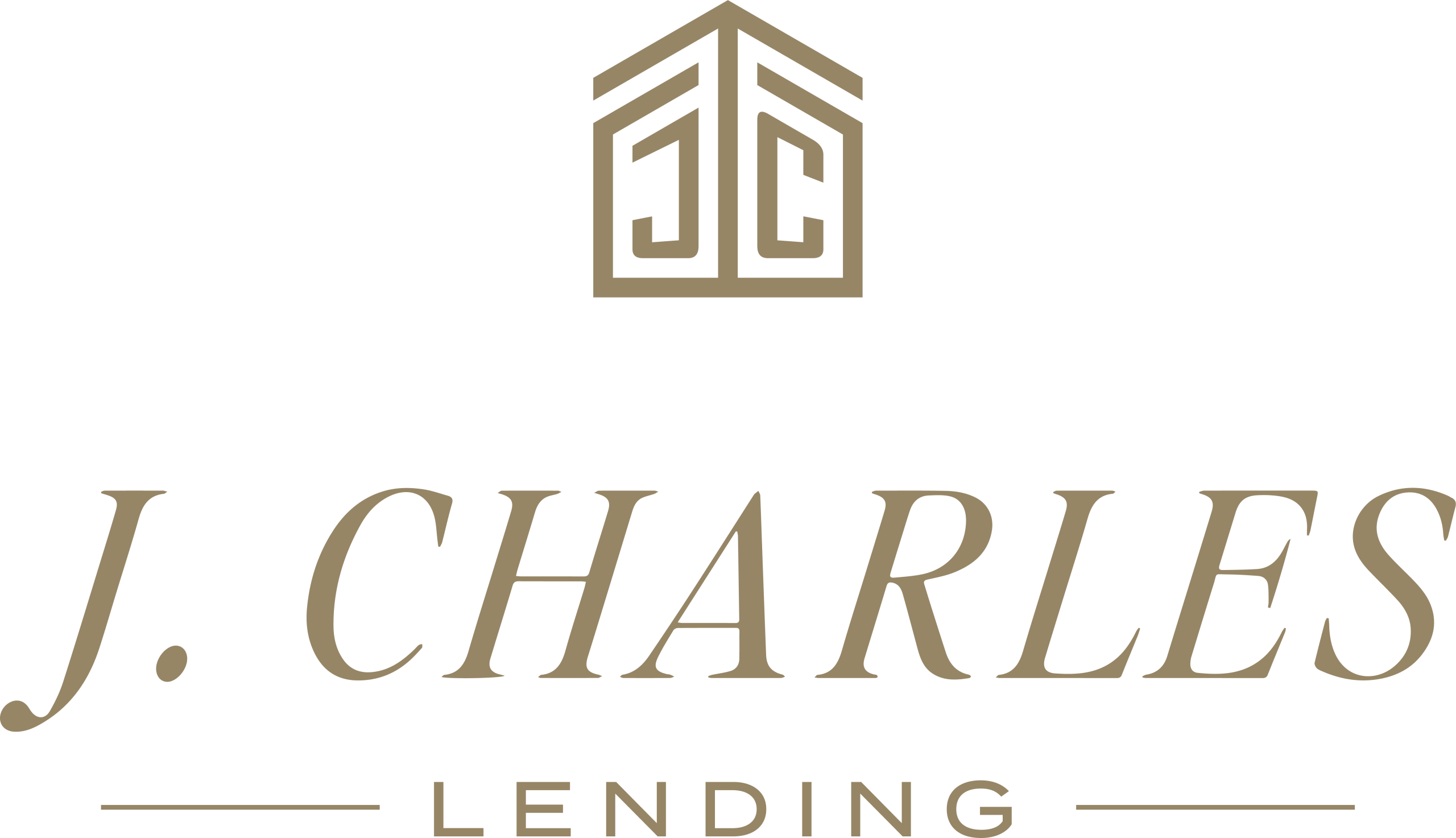Government Shutdown Update: What Happens Next 8 Democrats Joined 52 Republicans On Sunday, eight Democrats…
Difference Between a Mortgage Broker and a Retail Lender
What Is a Mortgage Broker?
At our core, we’re loan officers — just like the ones you’d meet at a mortgage company or bank branch. We take your application, prequalify you, provide guidance, and ensure your loan closes smoothly once you find a home.
The key difference is in how we’re structured. We don’t fund loans in-house. Instead, we work with a network of carefully selected wholesale lenders who handle the loan approval and funding. This allows us to focus on the front-end experience — providing personalized advice, transparent communication, and competitive options tailored to your needs.
Differences between a Mortgage Broker vs. Retail Lender
1. Role in the Loan Process
-
Mortgage Broker:
Acts as an independent middleman between the borrower and multiple wholesale lenders. A broker doesn’t lend money directly but shops the market to find the best rate, product, and terms for each client. -
Retail Lender (Bank or Direct Lender):
Funds and services its own loans using its own money. Borrowers deal directly with the lender’s loan officers and are limited to that lender’s rate sheets and programs.
2. Access to Loan Options
-
Broker:
Can access many different wholesale lenders, meaning a single broker can compare dozens of loan options to find the best pricing and fit (e.g., lower rates, flexible underwriting, niche programs). -
Retail Lender:
Only offers its own loan programs and rates, which can limit flexibility and competitiveness—especially when market conditions change.
3. Pricing & Rates
-
Broker:
Wholesale lenders compete for broker business, often leading to lower interest rates and fees for the borrower. Brokers earn a set commission paid by the lender after closing (not added to the borrower’s cost). -
Retail Lender:
Has higher overhead and margin requirements (branches, staff, marketing), which are built into the interest rate or fees.
4. Underwriting & Flexibility
-
Broker:
Can submit a file to different lenders depending on the borrower’s profile (credit score, DTI, loan type, etc.). This flexibility often helps with tougher or unique scenarios. -
Retail Lender:
Uses its own underwriting guidelines and overlays, which can make it harder to qualify if your file doesn’t fit their box.
5. Who’s the Borrower’s Point of Contact?
-
Broker:
You work with the same independent professional from start to finish, even after closing, and that broker can move your next loan to whichever lender has the best deal at the time. -
Retail Lender:
You deal with a loan officer employed by the company; after closing, your loan may be sold or transferred to another servicer.




